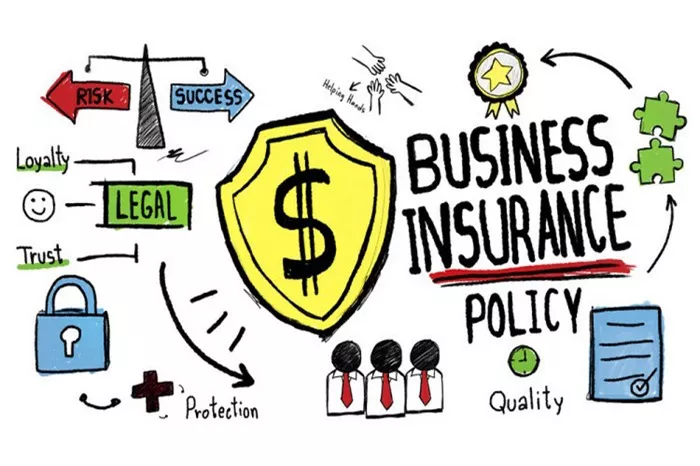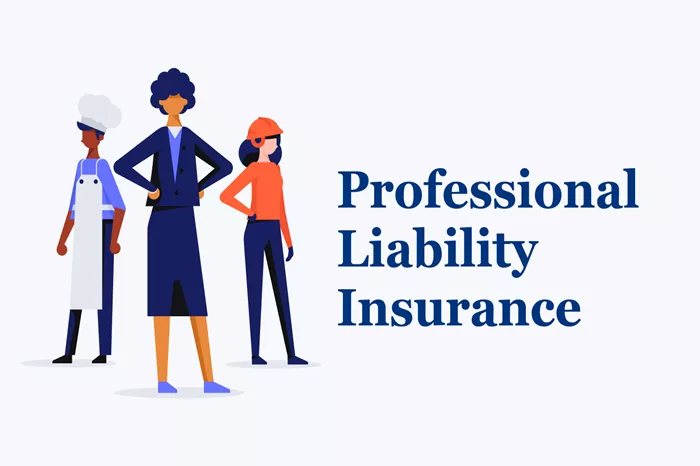In the ever-evolving landscape of business operations, ensuring comprehensive protection against various risks is crucial for maintaining stability and success. General liability insurance stands out as a fundamental component of this protective strategy, offering a broad spectrum of coverage to shield businesses from a range of potential legal and financial challenges. This article provides an in-depth examination of what general liability insurance covers, including its key components, benefits, limitations, and considerations for choosing the right policy.
Introduction
When evaluating insurance options for a business, general liability insurance is often at the forefront due to its extensive coverage and critical role in risk management. Understanding what general liability insurance covers is essential for business owners to ensure they are adequately protected against potential liabilities. This article will explore the various aspects of general liability insurance, providing a detailed overview of its coverage, benefits, limitations, and considerations to help businesses make informed decisions.
Understanding General Liability Insurance
General liability insurance, commonly referred to as commercial general liability (CGL) insurance, is designed to provide protection against a wide array of risks associated with business operations. This type of insurance is essential for businesses of all sizes and industries, offering coverage for incidents that may result in legal claims and financial losses. The primary objective of general liability insurance is to safeguard businesses from claims involving bodily injury, property damage, and personal injury that may arise during the course of their operations.
Coverage Components
Bodily Injury
Bodily injury coverage is a core aspect of general liability insurance, offering protection for claims related to physical injuries sustained by third parties on the business premises or due to business activities. This component includes:
Medical Expenses: Coverage for medical costs incurred by individuals who suffer injuries on the business premises or as a result of business operations.
Legal Fees: Financial support for legal expenses associated with defending against bodily injury claims.
Settlements or Judgments: Compensation for settlements or court judgments awarded to injured parties.
For example, if a customer slips and falls in a store, resulting in injury, bodily injury coverage helps cover medical expenses and legal costs if a claim is filed.
Property Damage
Property damage coverage provides protection against claims arising from damage to someone else’s property caused by business activities. This includes:
Repair or Replacement Costs: Coverage for the cost of repairing or replacing damaged property.
Legal Fees: Financial support for legal expenses related to property damage claims.
Settlements or Judgments: Compensation for settlements or judgments awarded for property damage claims.
For instance, if a contractor accidentally damages a client’s property while performing work, property damage coverage helps address the financial implications.
Personal and Advertising Injury
Personal and advertising injury coverage protects against claims related to non-physical injuries, such as defamation, slander, libel, and copyright infringement. This component includes:
Legal Defense Costs: Coverage for legal expenses incurred in defending against claims of personal or advertising injury.
Settlements or Judgments: Compensation for settlements or court judgments related to personal and advertising injury claims.
For example, if a business is accused of making false statements about a competitor that harm their reputation, this coverage addresses the related legal expenses and potential damages.
Medical Payments
Medical payments coverage provides compensation for medical expenses incurred by individuals injured on the business premises, regardless of fault. This includes:
Emergency Medical Treatment: Coverage for immediate medical treatment required due to injuries sustained on the business premises.
Hospitalization: Financial support for hospital stays related to injuries sustained on the business premises.
Ambulance Services: Coverage for ambulance services required for transporting injured individuals.
This coverage aims to address immediate medical needs without requiring a liability claim.
Benefits of General Liability Insurance
Financial Protection
General liability insurance offers significant financial protection by covering the costs associated with legal claims, including settlements and legal fees. This protection is crucial for businesses to manage unexpected expenses and avoid financial strain.
Peace of Mind
Having general liability insurance provides business owners with peace of mind, knowing they are protected against a range of potential risks. This allows them to focus on running their business without constant concern about legal claims and associated financial burdens.
Reputation Management
By covering claims related to personal and advertising injury, general liability insurance helps protect a business’s reputation. It allows businesses to address and resolve disputes without prolonged damage to their public image.
Legal Compliance
In many cases, general liability insurance is required by law or contractual agreements. Having adequate coverage ensures that businesses comply with legal and contractual obligations, preventing potential legal issues and penalties.
Limitations of General Liability Insurance
Exclusions
General liability insurance does not cover all types of risks. Common exclusions include:
Professional Errors or Omissions: Claims related to professional mistakes or negligence, which require professional liability insurance.
Employee Injuries: Injuries sustained by employees, which are covered by workers’ compensation insurance.
Damage to the Insured’s Own Property: Damage to the business’s own property, which is covered by property insurance.
Intentional Acts or Criminal Activities: Claims resulting from intentional acts or criminal activities are not covered by general liability insurance.
It is important for businesses to understand these exclusions and consider additional types of insurance to address specific risks.
Coverage Limits
General liability insurance policies have coverage limits, which define the maximum amount the insurer will pay for a single claim or in aggregate over the policy period. Businesses should assess these limits to ensure they are adequate for their specific needs.
See Also: Best Teacher Liability Insurance
How General Liability Insurance Works
Policy Structure
General liability insurance policies typically include several key elements:
Declarations Page: This section outlines the coverage limits, premiums, and other policy details, providing an overview of the insurance terms.
Insuring Agreement: This section describes the types of coverage provided and the insurer’s obligations under the policy.
Exclusions: This section lists the risks and claims not covered by the policy, clarifying the boundaries of coverage.
Conditions: This section specifies the obligations of both the insurer and the insured, including reporting requirements and policy conditions.
Claim Process
When a claim is filed, the general liability insurance process generally involves:
Reporting the Claim: Notify the insurance provider as soon as possible to initiate the claims process.
Investigation: The insurer will investigate the claim to determine its validity, including assessing the details of the incident and any supporting evidence.
Settlement: If the claim is valid, the insurer will cover the costs up to the policy limits, including legal expenses, settlements, or judgments.
Choosing the Right General Liability Insurance
Assessing Business Risks
To choose the right general liability insurance, businesses should assess their specific risks and exposures. This involves evaluating:
Nature of Operations: Understanding the nature of business activities and associated risks.
Industry-Specific Risks: Identifying industry-specific risks that may require additional coverage.
Potential Liability Exposures: Evaluating potential exposures to liability claims based on business operations.
Policy Customization
Businesses can often customize their general liability insurance policies to better align with their unique needs. This may involve:
Adjusting Coverage Limits: Setting appropriate coverage limits based on the business’s risk profile.
Adding Endorsements: Including endorsements or additional coverages to address specific risks or needs.
Selecting Additional Coverages: Choosing supplementary coverages to enhance protection.
Comparing Providers
It is important to compare different insurance providers and policies to find the best fit for a business. Factors to consider include:
Coverage Options: Assessing the range of coverage options and policy features offered by different providers.
Premiums: Comparing premiums and determining the cost-effectiveness of different policies.
Deductibles: Evaluating deductible amounts and their impact on overall coverage costs.
Customer Service: Considering the insurer’s reputation for customer service and claims handling.
Conclusion
General liability insurance is an essential element of a business’s risk management strategy, offering protection against bodily injury, property damage, personal and advertising injury, and medical payments. Understanding what general liability insurance covers is crucial for businesses to ensure they have adequate protection against a wide range of potential risks. By carefully assessing coverage components, benefits, limitations, and options for policy customization, businesses can make informed decisions to safeguard their operations and financial stability. Whether you are starting a new business or reassessing your current coverage, general liability insurance should be a key consideration in your overall risk management plan.






















